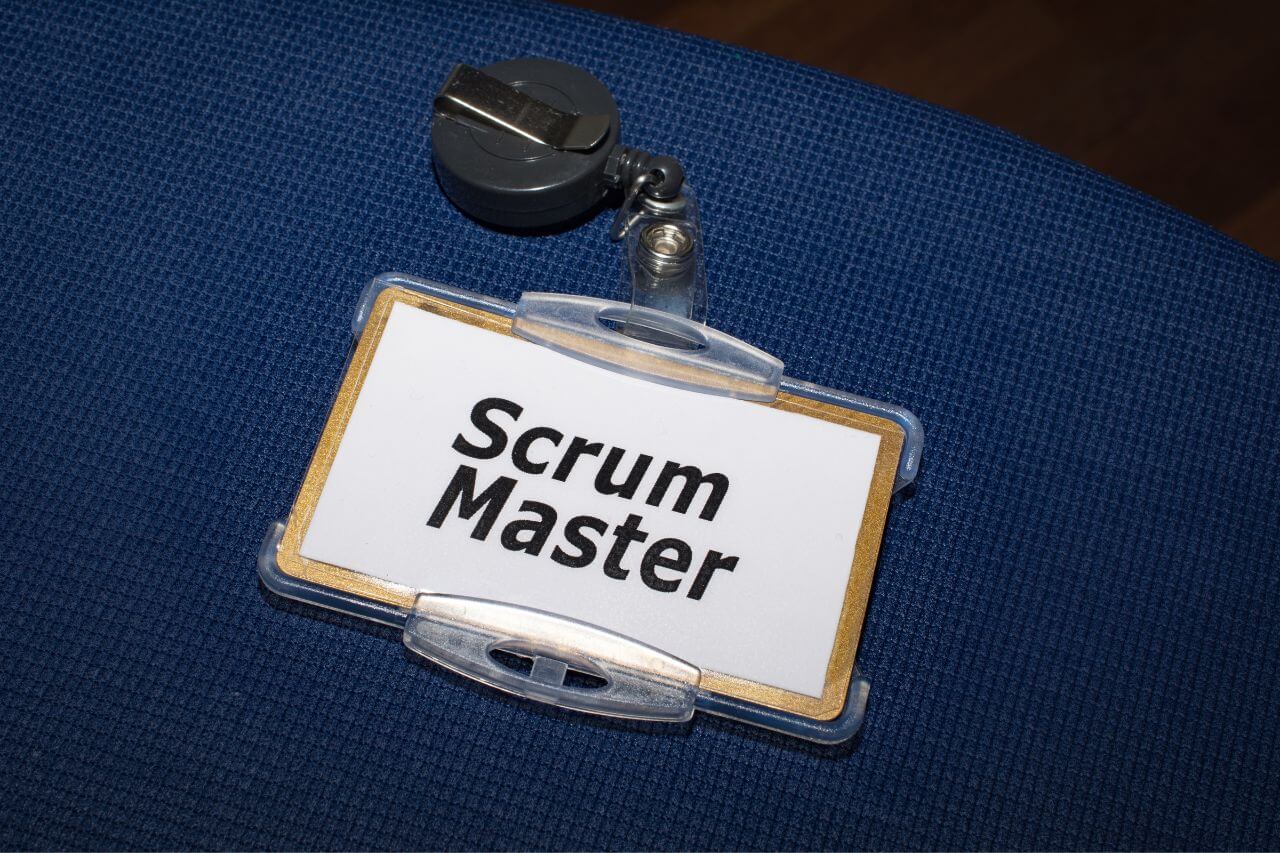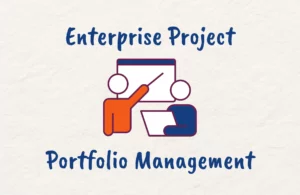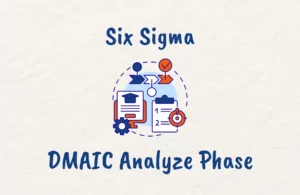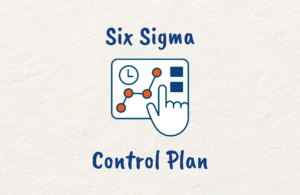The role of a Scrum Master is an important one within the Scrum framework of Agile project management.
A Scrum Master is responsible for facilitating the process of planning, development, and delivery of a project within the Scrum framework.
This involves working closely with the development team and the product owner to ensure that the project is delivered on time and to the desired level of quality.
In order to be effective in this role, a Scrum Master must have a strong understanding of the various techniques and practices that can be used to support the successful delivery of a project.
So what techniques could the Scrum Master use for effective project delivery? In this article, we will explore some techniques that a Scrum Master could use to support the development team and ensure the success of a project.
What is Scrum?
Scrum is a project management framework that follows the agile methodology and is often used in software development.
It is a lightweight approach that helps people and organizations handle complex projects, providing adaptive solutions for difficult problems.
In the agile method, project management and product development involve iterative and incremental cycles.
This means breaking down the project scope, requirements, and deliverables into small pieces and delivering them in short sprints.
The scrum framework does not have strict processes, but the processes and patterns used must fit within it.
Each element of the framework serves a specific purpose that contributes to the overall value and success of scrum.
The scrum team, consisting of a product owner, scrum master, and development team, works collaboratively to plan, execute, and deliver the project according to the principles of Scrum.
The Scrum project management approach is flexible and can be applied to various project types. This Scrum 101 Beginner’s tutorial provides more in-depth knowledge of Scrum.

What are the Scrum Roles?
In the Scrum framework, there are three primary roles: the Scrum Master, the product owner, and the development team.
The Scrum Master is responsible for facilitating the process of planning, development, and delivery of a project within the Scrum framework.
This involves working closely with the development team and the product owner to ensure that the project is delivered on time and to the desired level of quality.
The product owner is responsible for defining and prioritizing the features and requirements of the project.
They work with the development team to ensure that the project delivers value to the end user.
The development team is responsible for the actual development and delivery of the project.
They work closely with the Scrum Master and product owner to ensure that the project is delivered on time and to the desired level of quality.

The Role of a Scrum Master
The role of a Scrum Master is an important one within the Scrum framework of agile project management.
A Scrum Master is responsible for facilitating the process of planning, development, and delivery of a project within the Scrum framework.
This involves working closely with the development team and the product owner to ensure that the project is delivered on time and to the desired level of quality.
The Scrum Master is not a traditional project manager, but rather a facilitator and coach who helps the team follow Scrum practices and principles.
The Scrum Master is responsible for ensuring that the team has the tools and resources it needs to be successful and for removing any barriers to progress.
The Scrum Master plays a critical role in supporting the team and driving the project forward.

What Techniques Could the Scrum Master Use?
A lot of Scrum projects are software development projects that require an agile methodology approach.
Using the Scrum framework successfully requires a bridge to connect the Product Owner who has a vision for the product, and the development team that will develop the product according to the Product Backlog.
The Scrum Master plays this critical role in enabling the team to execute projects successfully using the Scrum framework.
This role of a Scrum Master requires good knowledge of the Scrum framework as outlined in the Scrum Guide.
With the possession of this knowledge, the Scrum Master must be skilled in the use of Scrum and pass this knowledge on to the team and the organization for them to be able to use it effectively.
To perform the role successfully, there are a lot of techniques that the Scrum Master should use to enhance the effectiveness of the team. These include:
1. Facilitation
One key technique that a Scrum Master can use is facilitation.
This involves leading Scrum ceremonies such as sprint planning, daily stand-ups, sprint reviews, and sprint retrospectives.
The Scrum Master is responsible for ensuring that these meetings are effective and that all team members have the opportunity to contribute and participate.
In addition to leading ceremonies, the Scrum Master may also be responsible for managing team dynamics and helping the team work together effectively.
This can include facilitating discussions, mediating conflicts, and helping the team establish clear goals and roles.
2. Coaching
Another technique that a Scrum Master can use is coaching.
This involves helping the development team understand and embrace the Scrum framework and its values and principles.
The Scrum Master can provide guidance and support to team members as they work to implement Scrum practices and improve their skills.
The Scrum Master can also assist with the removal of barriers to progress, such as identifying and addressing roadblocks or challenges that the team is facing.
This may involve working with the team to develop solutions or seeking support from outside stakeholders.
3. Communication
Effective communication is essential for the success of any project, and it is a key technique that a Scrum Master should use.
The Scrum Master is responsible for ensuring that there is clear and effective communication within the team, as well as with stakeholders.
This involves facilitating discussions, providing updates and reports, and ensuring that everyone has the information they need to do their job.
The Scrum Master should also be attuned to any potential issues or misunderstandings that may arise and work to resolve them in a timely and effective manner.
4. Conflict Resolution
Conflict is a natural part of any team dynamic, and it is important for the Scrum Master to have techniques for resolving conflicts that may arise.
This may involve mediating discussions between team members, facilitating compromise, or helping the team come to a consensus.
The Scrum Master may also need to handle conflicts that arise with stakeholders, such as customers or upper management.
In these cases, it may be necessary to identify the root cause of the conflict and work to find a mutually beneficial solution.
The Scrum Master should have strong communication and interpersonal skills to be able to effectively resolve conflicts and maintain a positive and productive team environment.
5. Time Management
Time management is a critical aspect of project delivery, and the Scrum Master can use various techniques to help the team stay on track and meet deadlines.
This may involve creating and maintaining a project schedule, helping the team set and prioritize goals, and identifying and addressing any time-wasting activities.
The Scrum Master may also need to be flexible and adaptable, as projects can often experience changes or setbacks that require adjustments to the schedule.
By effectively managing time, the Scrum Master can help the team stay focused and deliver the project on time and within budget.
6. Resource Management
Managing resources effectively is a crucial aspect of project delivery, and the Scrum Master can use various techniques to assist the team in this area.
This may involve helping the team identify and acquire necessary resources, such as equipment, software, or personnel.
The Scrum Master may also be responsible for managing and prioritizing work to ensure that resources are used effectively and efficiently.
This may involve creating and maintaining a project backlog, determining which tasks are most important and should be prioritized, and helping the team focus on the work that will have the greatest impact.
By effectively managing resources, the Scrum Master can help the team make the most of its time and deliver the project on time and within budget.
7. Risk Management
Identifying and addressing potential risks to the project is an important role of the Scrum Master.
This may involve conducting risk assessments, identifying potential sources of risk, and developing contingency plans to mitigate or prevent risks from occurring.
The Scrum Master may also need to work with the team to identify potential risks and develop strategies for addressing them.
By effectively managing risks, the Scrum Master can help the team avoid potential pitfalls and deliver the project on time and to the desired level of quality.
It is important for the Scrum Master to be proactive in identifying and addressing risks, as this can help to prevent delays or setbacks that could impact the project.
8. Adaptability
The Scrum framework is designed to be flexible and adaptable, and the Scrum Master should be able to adapt to changes in project scope or requirements.
This may involve working with the team to adjust the project plan or timeline, or finding creative solutions to overcome challenges or roadblocks.
The Scrum Master may also need to help the team adapt to new techniques or processes, such as incorporating new tools or methods into the project.
By being adaptable and flexible, the Scrum Master can help the team respond quickly to changes and deliver the project successfully.
9. Leadership by Example
As a leader within the team, the Scrum Master should set a positive example for others to follow.
This may involve demonstrating commitment to the Scrum values and principles, such as transparency, collaboration, and continuous improvement.
The Scrum Master should also be proactive in identifying and addressing any issues or challenges that may arise and work to foster a positive and productive team environment.
By leading by example, the Scrum Master can inspire and motivate the team to work together effectively and deliver high-quality results.
10. Continuous Improvement
The Scrum framework is based on the principle of continuous improvement, and the Scrum Master should be committed to helping the team identify and implement ways to improve.
This may involve facilitating retrospectives, where the team reflects on past projects and identifies areas for improvement.
The Scrum Master may also work with the team to set goals and develop action plans to address any identified areas of improvement.
By continuously seeking ways to improve, the Scrum Master can help the team stay agile and responsive to change and deliver high-quality projects consistently.
Conclusion
By using these techniques and continually developing and improving as a Scrum Master, it is possible to effectively lead and support the team to deliver high-quality projects on time and to the desired level of quality.
It is important as a Scrum Master to have a strong understanding of these techniques and be able to use them effectively to support the team and drive the project forward.
Frequently Asked Questions
1. What is a Scrum Master?
A Scrum Master is a facilitator and coach who helps a development team follow the Scrum framework and principles.
2. How does the Scrum Master support the development team?
The Scrum Master supports the development team in various ways, such as by facilitating Scrum ceremonies, coaching team members, managing team dynamics, and helping the team remove barriers to progress.
The Scrum Master is also responsible for ensuring that the team has the tools and resources it needs to be successful and for helping the team continuously improve.
3. Is the Scrum Master the same as a Project Manager?
While the Scrum Master and project manager roles may have some overlap, they are not the same.
A Scrum Master is a facilitator and coach who helps the team follow the Scrum framework, while a project manager is responsible for the overall planning and coordination of a project.
In the Scrum framework, the product owner is responsible for defining and prioritizing the features and requirements of the project, while the development team is responsible for the actual development and delivery of the project.





